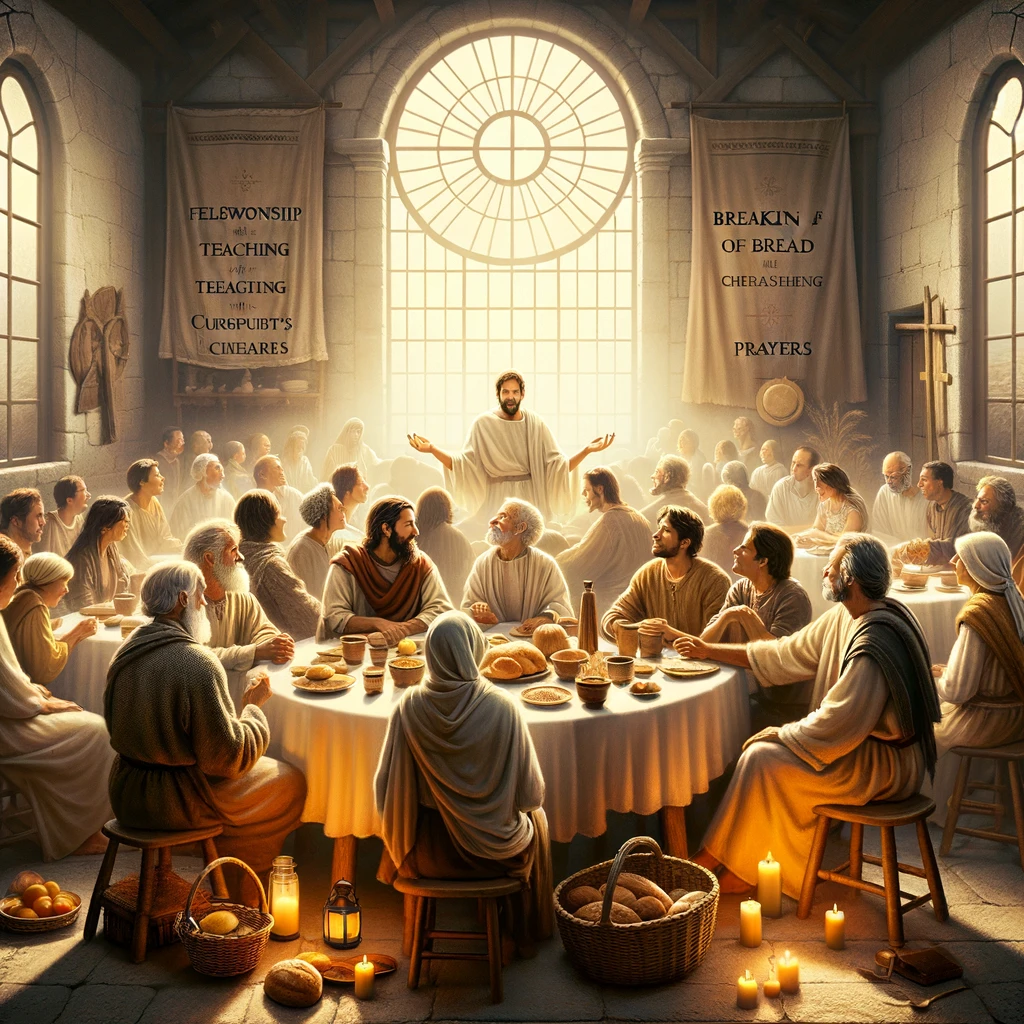“Beyond Walls: Embracing Christ, Our Eternal High Priest”


IntroductionIn the tapestry of biblical history, the concept of priesthood has evolved from the Old Testament’s elaborate system of sacrifices and offerings, mediated by Levitical priests, to the New Testament’s revolutionary declaration: Jesus Christ, our Great High Priest. This seismic shift not only redefined the pathway to divine communion but also invited believers into a personal, direct relationship with God, free from human intermediation. This post delves into the heart of Christian faith, exploring the authority and priesthood of Christ as the cornerstone of our direct access to God.
Biblical FoundationsChrist as the High PriestThe Epistle to the Hebrews offers profound insights into Jesus’ priesthood. Hebrews 4:14-16 asserts, “Since then we have a great high priest who has passed through the heavens, Jesus, the Son of God, let us hold fast our confession. For we do not have a high priest who is unable to sympathize with our weaknesses, but one who in every respect has been tempted as we are, yet without sin. Let us then with confidence draw near to the throne of grace, that we may receive mercy and find grace to help in time of need.” This passage not only underscores Jesus’ unique empathy towards humanity but also His unparalleled role in bridging the divine-human divide.
The Priesthood of All BelieversPeter further democratizes spiritual authority in 1 Peter 2:9, proclaiming, “But you are a chosen race, a royal priesthood, a holy nation, a people for his own possession, that you may proclaim the excellencies of him who called you out of darkness into his marvelous light.” Here, the apostle elevates every believer, affirming their direct line to God and their capacity to worship and serve without earthly mediators.
The Role of the ChurchCommunity and FellowshipThe early church, as described in Acts 2:42-47, exemplifies the essence of Christian community – dedicated to the apostles’ teaching, fellowship, breaking of bread, and prayers. This communal life did not negate the direct relationship with Christ but enriched it, offering a model for spiritual growth and mutual support.
Spiritual Growth and AccountabilityWhile Hebrews 10:24-25 might seem to mandate church attendance, its deeper message is one of encouragement and mutual edification: “And let us consider how to stir up one another to love and good works, not neglecting to meet together, as is the habit of some, but encouraging one another, and all the more as you see the Day drawing near.” The scripture underscores the church’s role in fostering spiritual development and accountability, beyond mere attendance.
Christ-Centered FaithDirect Relationship with GodIn John 15:15, Jesus invites believers into an intimate fellowship: “No longer do I call you servants, for the servant does not know what his master is doing; but I have called you friends, for all that I have heard from my Father I have made known to you.” This verse highlights the personal relationship Jesus offers, transcending traditional religious structures.
Authority Coming from ChristMatthew 28:18-20 encapsulates the Great Commission, where Jesus declares, “All authority in heaven and on earth has been given to me. Go therefore and make disciples of all nations, baptizing them in the name of the Father and of the Son and of the Holy Spirit, teaching them to observe all that I have commanded you. And behold, I am with you always, to the end of the age.” Christ’s authority is the bedrock of our faith and mission, empowering direct engagement with the divine.
ConclusionThe biblical narrative from the Old Testament priesthood to the New Testament revelation of Christ as our High Priest and mediator unfolds a divine plan for humanity’s redemption and communion with God. In embracing Christ’s priesthood, we recognize that our relationship with God is not confined to structures or human intermediaries but is an open, direct, and personal communion through Jesus. As believers, while we value the church for fellowship and growth, our ultimate allegiance and access to God rest in Christ, our eternal High Priest.

